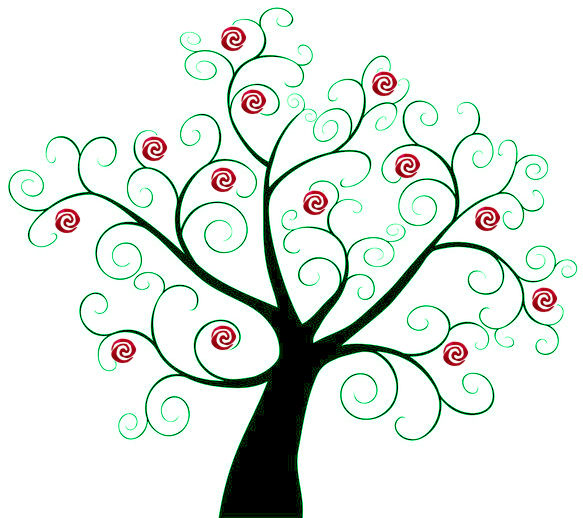
The “use” of nature to affect positive change in the well-being of people has been around in many forms for many years, as Ralph Metzner pointed out in 2009. A strongly related concept that has adopted many key features from ecopsychology is ecotherapy.
Whereas ecopsychology is about the psyche and the “greening of psychology”, ecotherapy focuses on the total mind-body-spirit relationship. Howard Clinebell, a pastoral counselor, in 1996 first coined the term ecotherapy, positing a form of “ecological spirituality” whereby a holistic relationship with nature encompasses both nature’s ability to nurture us, through our contact with natural places and spaces, and our ability to reciprocate this healing connection through our ability to nurture nature.
Although both ecopsychology and ecotherapy have drawn on a number of different disciplines and perspectives in their development, particularly psychology, a central aspect to both is developing a reciprocal relationship with nature to ensure both psychological and environmental well-being.
Recent developments, particularly in North America, tend to describe ecotherapy as “applied” or clinical ecopsychology, like Martin Jordan, from University of Brighton, did in 2009.
Furthermore, ecotherapy may be seen as an umbrella term for nature-based methods of physical and psychological healing representing a new form or a new modality of psychotherapy that enlarges the traditional scope of treatment to include the human-nature relationship and includes a range of therapeutic and reconnective practices such:
- Horticultural therapy
- “Green” Exercise
- Animal-assisted therapy
- Wilderness therapy
- Nature lifestyle therapy
- Eco-dreamwork
- Community ecotherapy
- Forest Ecotherapy

 In which other areas can Ecopsychology be applied?
In which other areas can Ecopsychology be applied?
Do you want to learn more about Ecopsychology’s applications?








